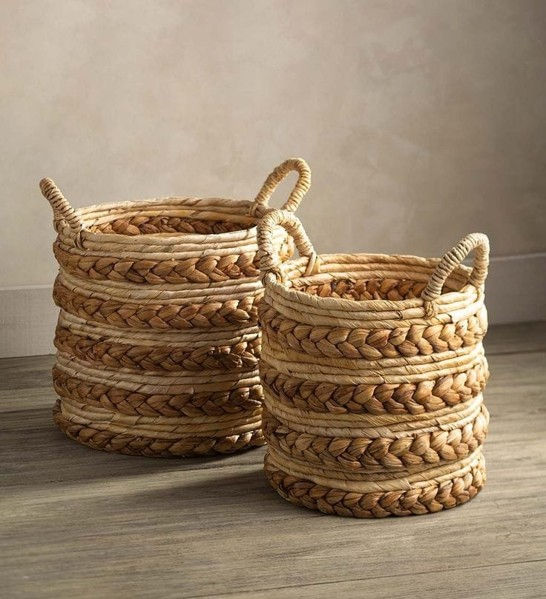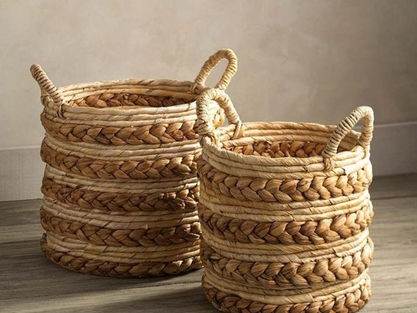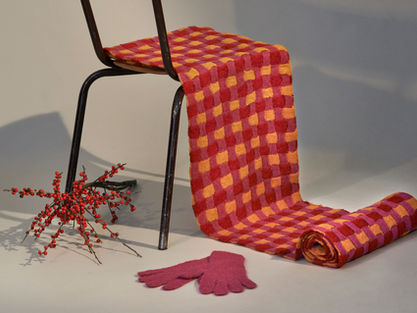Baby Alpaca vs Regular Alpaca wool
- Knit-Lab Peru

- 27 ago 2024
- 3 Min. de lectura
Actualizado: hace 19 horas
Alpaca wool is well known for its minimal pilling, whilst its choice of over 20 subtle, naturally occurring shades makes an alpaca wool blanket or throw the perfect addition to both contemporary and traditional schemes. Unlike lambswool, alpaca wool is an incredible companion all year round, with its hollow fibers making it a great insulator during the cooler months and able to keep you feeling fresh during spring and summer.
Both alpaca and baby alpaca are fibers from the South American alpaca animal. Alpaca fiber is known for its softness, warmth and durability, while baby alpaca fiber is even softer and more luxurious. Alpaca fiber is often used for outerwear, while baby alpaca is used for more delicate garments such as scarves and sweaters.
So, those are the benefits of alpaca wool, but how does baby alpaca wool compare? In this article, we take a closer look at the key differences between alpaca wool and baby alpaca wool.

What is alpaca wool?
The alpaca is an animal from the camelid family. It is native to the Peruvian Andes, high mountain plateaus where the temperature varies from one extreme to another. Its hair, the alpaca wool, also called "the wool of the gods" is one of the most prestigious wools in the world. Indeed, it has many very advantageous characteristics.
First of all, the natural fiber of alpaca is extremely soft. You will love to snuggle up in it as in a cocoon of well-being and comfort. Alpaca wool is also an extremely resistant wool, 4 times more than sheep wool. Your clothes will last over time.
This exceptional fiber is also much warmer and more insulating than sheep's wool, 7 times more to be precise.
Speaking of temperature, this wool is also thermoregulatory. That is to say that it will not keep you too hot and you will not sweat in it. This is due to the fact that alpacas are confronted with radical changes in temperature every day. Alpacas have had to learn to adapt to these changes, thanks to their fleece which protects them from the cold without keeping them too warm when temperatures are too high.
Alpaca fiber is also well known to be used on the most sensitive skins. Indeed, it is hypoallergenic and also antibacterial.

You can also read: Alpaca vs Cashmere: Which one is better?
What is baby alpaca wool?
Baby alpaca wool, contrary to its name, does not come from the cria (the baby alpaca). In fact, baby alpaca wool comes from all adult alpacas. This incredible fleece comes from a layer of wool hidden beneath the "outer" wool of the alpaca.
This down has the same virtues as the "classic" alpaca wool. Like its thermoregulatory power, its resistance or its antibacterial and hypoallergenic power.
However, it is much finer and measures between 14 and 23 microns. This fineness makes baby alpaca wool all the more soft and silky than alpaca wool. It is of a very high quality and is a real pleasure to wear.
Differences in fiber quality and softness
The main difference between alpaca and baby alpaca is the quality and softness of the fiber. Baby alpaca is considered the finest and softest fiber, while alpaca fiber is slightly coarser.
All alpaca wool is ranked or categorized in accordance to its fineness. Baby alpaca wool is identified as super fine, putting it leagues ahead of other alpaca wool types and one step down from royal alpaca, which is the highest grade of alpaca wool and the most expensive on the market.

You can also read: What makes alpaca fiber so special?
Sustainability and ethical considerations
When considering the use of alpaca and baby alpaca fibers in fashion, it is important to consider sustainability and ethical practices. Alpaca farming may have a lower impact on the environment compared to other types of farming because it requires less water and land.
However, it is important to ensure that alpacas are raised and treated ethically. Consider the longevity of the garment made from these fibers, as investing in high-quality, durable items can also contribute to sustainable fashion practices.
Contact us if you want to obtain alpaca knitwear! At Knit-Lab Peru, we have the certification of Fair Trade Good Practices in Peru and we can help you with any doubt.















Comentarios